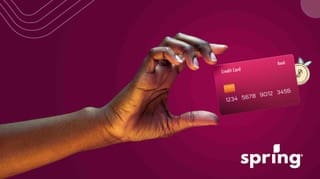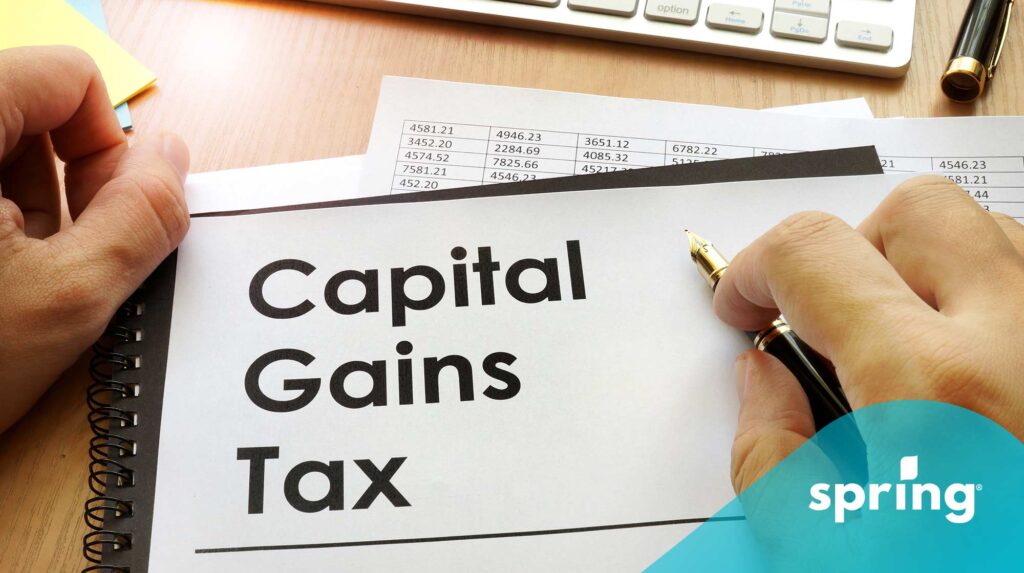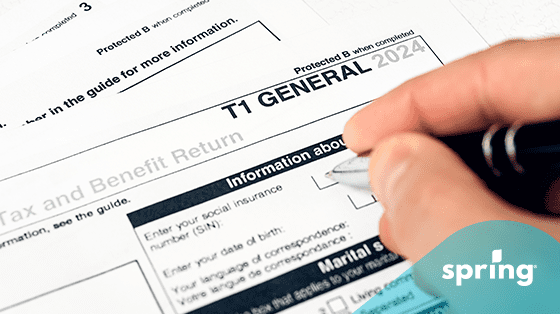Advantages and Disadvantages of a Consumer Proposal
There are many different reasons why people choose to file a consumer proposal. You can get rid of your debt in 60 payments or less. It helps you to avoid collections or resolve collections, and it protects your assets unlike bankruptcy. With a consumer proposal your payments also stay fixed whether or not your financial situation changes. Some choose to pay it off early when it does.
That being said, there are also some negatives to consider when discussing the idea of a consumer proposal.
- A consumer proposal affects your credit negatively. This can make it difficult to get more credit lines, but credit scores can also be improved.
- It can be more expensive than other debt relief options. It is ideal to consider other options before a consumer proposal such as credit counseling sessions and a debt management plan.
- It is legally binding. If you default on a consumer proposal you will reassume your debt without a refund.
- This is a limit on how much debt you can put in a consumer proposal. The minimum is $1000 and the maximum is $250,000 for one person and $500,000 for a couple.
Consumer Proposals and Your Credit Score
When it comes to consumer proposals, the effect that they have on your credit rating is similar to that of bankruptcy. Having an active consumer proposal on your credit report will drop your credit rating to an R&, similar to that of bankruptcy, which will drop your credit score accordingly. Once the consumer proposal is complete, it will then stay on your credit report for 3 to 7 years before it falls off.
The difference between bankruptcy and consumer proposal though, is that bankruptcy will use your assets to pay your creditors. Consumer proposal allows your trustee to negotiate your debt without dissolving your assets. Because you are still essentially writing off parts of your debt and have missed payments, it can be a bit of a red flag for lenders.
That being said, if your debt load is already too much to handle, then you are likely already hurting your credit score with late and missed payments. Instead of waiting it out and going to collections, it is best to try and deal with the debt. If debt consolidation isn’t an option, it might be in your best interest to talk to a trustee and discuss your consumer proposal options.
Getting Credit While in a Consumer Proposal
If you need to obtain more credit while you are in a consumer proposal, it is important to keep in mind that it is probably going to be extremely difficult to get approved. There are two main reasons for this.
- Your credit score has been damaged. Your credit score reflects your ability to handle debt and how you are with making your payments. In a soft credit check a lender won’t be able to see a detailed report of your credit so this score will dictate to them if it is in their best interest or not to continue with the application.
- Your debt could return. Because you are still actively in a consumer proposal, lenders see this as a large risk. Until the consumer proposal is complete, you are at risk of defaulting on it which would mean that all of your debt could return. Lenders understand that this amount of debt would be overwhelming and they likely won’t get their money back if this were to happen.
What about a mortgage?
Getting a new mortgage can be very difficult while on a consumer proposal. As we discussed above, being in a consumer proposal has a very negative impact on your credit score and can be a red flag to lenders. While purchasing a home is considered to be a secured loan with the home as the assets, similar to a car loan which is also secured, banks still like you to have a good credit score. Usually 650 or higher depending on the lender. You may be able to qualify with a private lender, but it is important to remember that the lender isn’t the only factor to consider when it comes to your credit score. You also need to consider CMHC mortgage insurance.
When it comes to getting a first time mortgage in Canada, the CMHC requires you to have a credit score of 600 or higher to get CMHC insurance. This insurance is required for any down payments under 20%. If you have a down payment of over 20% of the home is over $1 million then this CMHC rule does not apply. That being said, a low credit score is still a red flag for lenders and they won’t be as likely to approve you.
The best way to see if you can get a mortgage approval is to have at least 20% as a down payment and provide paperwork stating that you are working on paying off the consumer proposal. This may help you get your mortgage with a private lender, otherwise, most lenders prefer you to have a complete consumer proposal and at least 2 years of good credit history following that.
Keeping a Credit Card while in a Consumer Proposal
The best way to improve your credit score while in a consumer proposal is to have positive tradelines on your credit report. One of the ways you can do this is with a credit card. Many people don’t know this, if you are in a consumer proposal, you are allowed to keep a credit card. In order for it to have a positive impact on your credit score, you should be keeping your credit utilization under 35%. This shows lenders that you can be financially responsible with a credit card while you increase your credit score. If you don’t have a credit card to keep, don’t worry, you can get one.
Best Credit Card to Get
Since your credit score is a bit lower due to your consumer proposal, your credit card options may be smaller, but there are still plenty of options out there. An unsecured credit card is normally much more difficult in a situation like this, so a secured credit card would be your best option. These are different from prepaid credit cards.
A prepaid credit card doesn’t build your credit like a secured credit card. It is essentially a debit card that you can use when a credit card is needed. It is a good idea to have one if you can’t get a secured credit card, but secured credit cards are easier to get than regular credit cards. They are also recommended as they do build credit.
How a secured credit card works is similar to an unsecured credit card except a deposit is required. The amount will depend on the credit card limit as well which credit card you go with. There are plenty of secured credit cards to choose from but the overall best one for bad credit is considered to be the Plastik Secured Visa Credit Card.
Plastik Secured Visa Credit Card
This credit card has a relatively low interest rate of 17.99% for regular purchases and 21.99% for cash advances. It has a $48.00 yearly fee with a $8 monthly fee as well, so the total annual fee is $120.00. It also only requires a minimum deposit of $300 and, like most unsecured credit cards, this secured card allows you to earn rewards with every purchase. These points are then able to be used towards your credit card balance.
While there are many positives to this particular card, there are also some drawbacks. For one, its currency conversion is 4.5% while most cards are between 2% and 3%. Plastik will also increase the interest rate on this credit card if you miss two consecutive monthly payments or two payments within a calendar year.
Some other secured credit cards that are also highly recommended are:
- Neo Financial Mastercard
- Home Trust Secured Visa
- Capital One Low Rate Guaranteed Mastercard

Your Credit Score and Rebuilding it After a Consumer Proposal
Once you complete your consumer proposal it is still going to be pretty difficult to rebuild your credit score. Lenders like to see the consumer proposal removed from your credit report or have a few years of positive history after completion of the approval before they consider lending to you.
You may be wondering how you rebuild credit without being able to get approved for credit? Well, this is where your secured credit card or a credit building loan will come in handy. These products reflect positively on your credit report as you make your monthly payments. They also don’t specify that they are meant for credit building on your report. Lenders just see that you are able to make your payments and take on some more financial responsibility.
How Can Spring Financial Help?
At Spring Financial, we offer personal loans ranging from $500 to $35, 000 for all credit types. On top of that, we also offer the Foundation. This credit building product allows you to not only build your credit, but save money at the same time. The payments minimal every month and half of that gets put into savings for you. At the end of the 12 month term, you are able to cash out your $750 in savings or get a $1500 loan, also known as the Evergreen loan, at 18.99%. During the 12 months you are also able to cancel at any time or request your savings amount. During this process, you will see your credit score increase. This will allow you to rebuild your credit and get more financing in the future. Whether you are in the market for a personal loan or just looking to build your credit, all of our products report to the credit bureaus allowing you to increase your credit score by building a positive credit history. You can apply online or give us a call at 1-888-781-8439. We are also available through our live chat.








